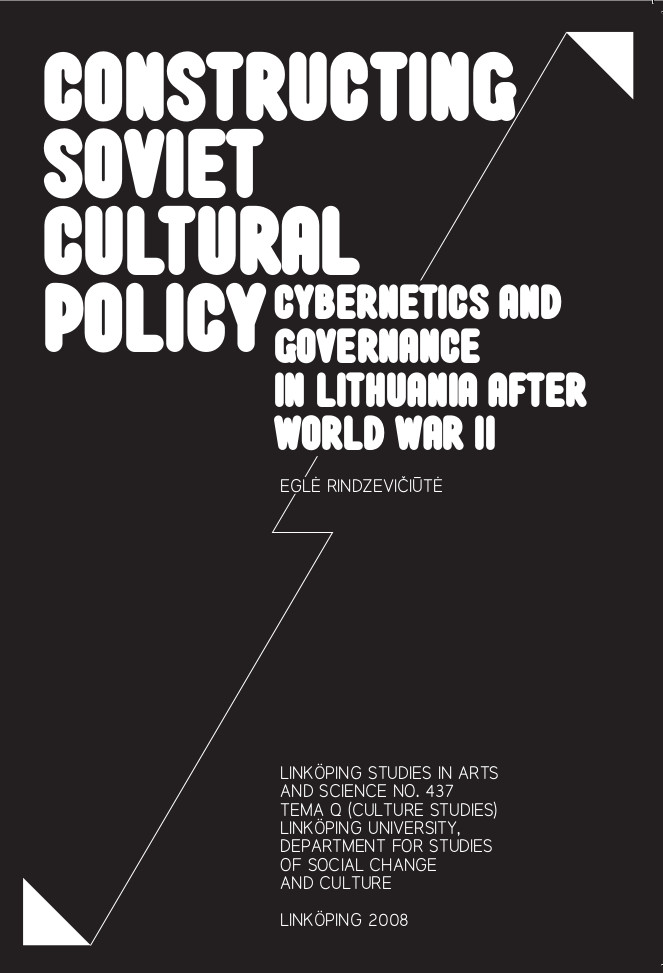Jeffrey Herf: Reactionary Modernism: Technology, Culture, and Politics in Weimar and the Third Reich (1985)
Filed under book | Tags: · engineering, enlightenment, fascism, germany, marxism, modernism, national socialism, nationalism, nazism, politics, romanticism, technology, weimar republic

“In a unique application of critical theory to the study of the role of ideology in politics, Jeffrey Herf explores the paradox inherent in the German fascists’ rejection of the rationalism of the Enlightenment while fully embracing modern technology. He documents evidence of a cultural tradition he calls ‘reactionary modernism’ found in the writings of German engineers and of the major intellectuals of the Weimar right: Ernst Juenger, Oswald Spengler, Werner Sombart, Hans Freyer, Carl Schmitt, and Martin Heidegger. The book shows how German nationalism and later National Socialism created what Joseph Goebbels, Hitler’s propaganda minister, called the ‘steel-like romanticism of the twentieth century’. By associating technology with the Germans, rather than the Jews, with beautiful form rather than the formlessness of the market, and with a strong state rather than a predominance of economic values and institutions, these right-wing intellectuals reconciled Germany’s strength with its romantic soul and national identity.”
Publisher Cambridge University Press, 1985
ISBN 0521338336, 9780521338332
251 pages
Reviews: R.J. Overy (English Historical Review), Geoff Eley (Telos).
Commentary: Thomas Rohkraemer (Contemporary European History).
Martin Duberman: Howard Zinn: A Life on the Left (2012)
Filed under book | Tags: · activism, biography, history, left, politics, united states

“Howard Zinn was perhaps the best-known and most widely celebrated popular interpreter of American history in the twentieth century, renowned as a bestselling author, a political activist, a lecturer, and one of America’s most recognizable and admired progressive voices.
His rich, complicated, and fascinating life placed Zinn at the heart of the signal events of modern American history—from the battlefields of World War II to the McCarthy era, the civil rights and the antiwar movements, and beyond. A bombardier who later renounced war, a son of working-class parents who earned a doctorate at Columbia, a white professor who taught at the historically black Spelman College in Atlanta, a committed scholar who will be forever remembered as a devoted “people’s historian,” Howard Zinn blazed a bold, iconoclastic path through the turbulent second half of the twentieth century.
For the millions who were moved by Zinn’s personal example of political engagement and by his inspiring “bottom up” history, here is an authoritative biography of this towering figure—by Martin Duberman, recipient of the American Historical Association’s 2007 Lifetime Achievement Award. Given exclusive access to the previously closed Zinn archives, Duberman’s impeccably researched biography is illustrated with never-before-published photos from the Zinn family collection. Howard Zinn: A Life on the Left is a major publishing event that brings to life one of the most inspiring figures of our time.”
Publisher The New Press, 2012
ISBN 1595586784, 9781595586780
365 pages
Review (Michael Kammen, Los Angeles Review of Books)
Review (David Greenberg, New Republic)
Egle Rindzevičiūtė: Constructing Soviet Cultural Policy: Cybernetics and Governance in Lithuania after World War II (2008)
Filed under thesis | Tags: · cybernetics, governance, lithuania, politics, soviet union, technology

After World War I, the Soviet Union was one of the first modern states to engage explicitly in the governance of culture, which was formalised and institutionalised as state cultural policy. In this process of governance, sciences and technologies provided the state with conceptual and material resources, which were used to define both the process and the object of governance. After World War II, scientific and technological progress gave birth to a new science of control and communication, Norbert Wiener’s cybernetics, which was widely used not only in engineering, but also in the conceptualisation of humans, machines and societies. This thesis explores how cybernetics influenced the construction of cultural policy in the Soviet Union. It focuses particularly on the Soviet republic of Lithuania. The main argument is that since the 1950s a particularly powerful discourse of cybernetic governance was formed in the Soviet Union. A result of translation from techno-science, this discourse not only served the purposes of authoritarian rule, but was also used as a resource by cultural operators to criticise the Soviet government itself. By analysing organisational practices and official and public discourses, the study reveals the complexity of the relationship between governance, culture and sciences and technologies.
Doctoral thesis
Faculty of Arts and Sciences, Linköping University, 2008
274 pages

